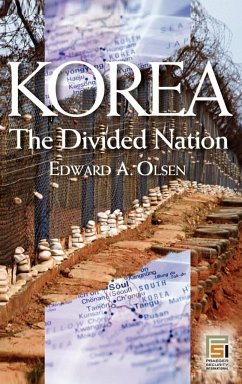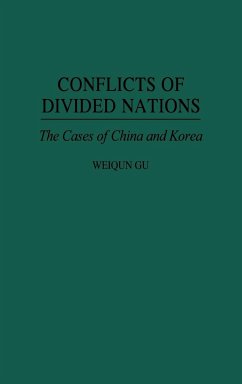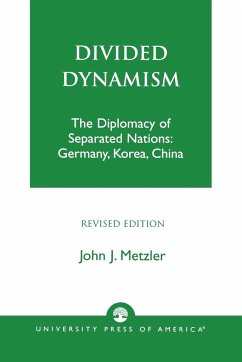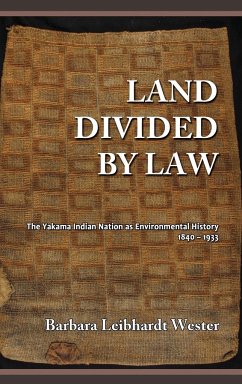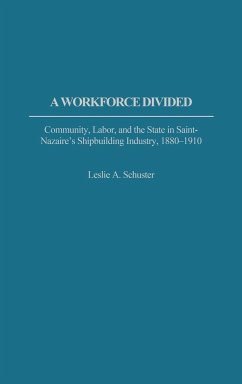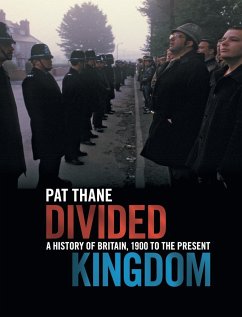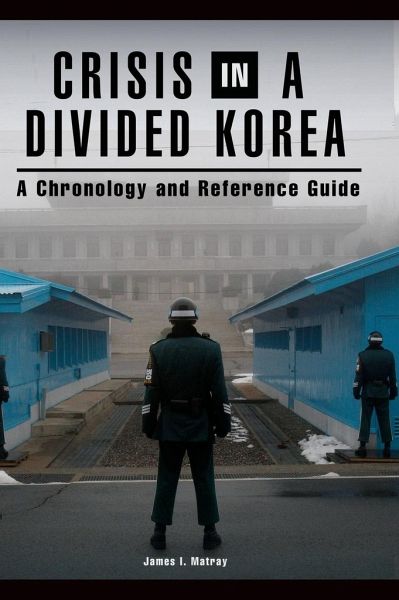
Crisis in a Divided Korea
A Chronology and Reference Guide
Versandkostenfrei!
Versandfertig in 1-2 Wochen
98,99 €
inkl. MwSt.

PAYBACK Punkte
49 °P sammeln!
This book provides scholars and students examining Korea's place in modern world politics with an invaluable resource for understanding the causes, course, and consequences of the ongoing crisis on the Korean Peninsula. Why is Korea still divided into two nations? How does the decades-old tension between North Korea and South Korea affect all of Asia as well as influence several of the world's major powers, including Japan, the People's Republic of China, Russia, and the United States? This book provides answers to these questions and more, presenting readers with descriptions of historical de...
This book provides scholars and students examining Korea's place in modern world politics with an invaluable resource for understanding the causes, course, and consequences of the ongoing crisis on the Korean Peninsula. Why is Korea still divided into two nations? How does the decades-old tension between North Korea and South Korea affect all of Asia as well as influence several of the world's major powers, including Japan, the People's Republic of China, Russia, and the United States? This book provides answers to these questions and more, presenting readers with descriptions of historical developments in Korea's past and supplying the necessary context for understanding why the Korean Peninsula remains split at the 38th parallel. Two comprehensive opening chapters present a broad overview of events in Korea's history from ancient times through the start of World War II. The subsequent chapters cover Korea's role in the Cold War, describing the Soviet-American sponsorship of two Koreas, the Korean War, Soviet and Chinese support for North Korea, the U.S. alliance with South Korea, South Korea's long struggle to achieve democracy, the Kim dynasty in North Korea, and moments of tension and cooperation between North and South Korea. Written in a clear, direct, and accessible style, the book will be valuable to high school, undergraduate, and graduate-level students.







